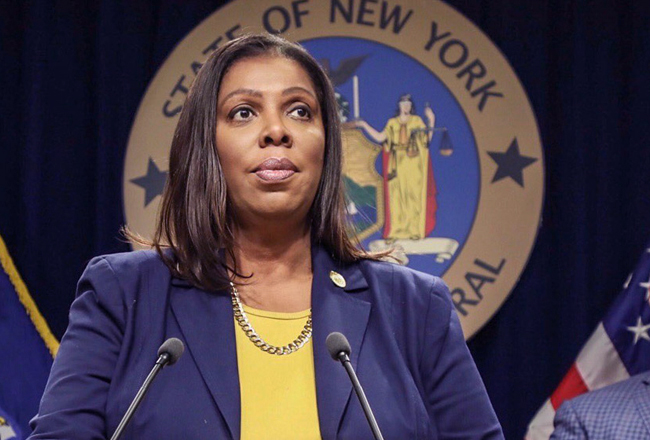Connecticut and New York are among the plaintiffs in a lawsuit filed by the Federal Trade Commission along with 15 other states alleging that Amazon is a monopolist that uses a set of interlocking anticompetitive and unfair strategies to illegally maintain its monopoly power. The lawsuit alleges that Amazon’s actions allow it to stop rivals and sellers from lowering prices. It also alleges that Amazon degrades quality for shoppers, overcharges sellers, stifles innovation, and prevents rivals from fairly competing against Amazon.
The complaint alleges that Amazon violates the law because of its conduct that prevents current competitors from growing and new competitors from emerging. The lawsuit alleges that by stifling competition on price, product selection, and quality, and by preventing its current or future rivals from attracting a critical mass of shoppers and sellers, Amazon ensures that no current or future rival can threaten its dominance.
The lawsuit alleges that Amazon is engaged in far-reaching schemes that impact hundreds of billions of dollars in retail sales every year, touch hundreds of thousands of products sold by businesses big and small, and affect over a hundred million shoppers.
The FTC and the 17 states are seeking a permanent injunction in federal court that would prohibit Amazon from engaging in its allegedly unlawful conduct and end what is alleged to be its monopolistic control over retail trade.

“Amazon illegally raised prices for consumers and took advantage of online sellers in its storefront and they should be held accountable,” said New York Attorney General Letitia James. “Amazon’s monopolistic behavior is hurting consumers, online sellers, competition, and the overall economy. Every company, big or small, must abide by the law and my office is not afraid to hold those that don’t to account.”

According to Connecticut’s Attorney General William Tong, “Amazon anticompetitive strategies include punishing its third-party sellers and competing online retailers if they dare to undercut Amazon’s prices and forcing its third-party sellers to pay for its fulfillment network to gain prime product display and search results placement. These practices essentially thwart Amazon’s competitors from offering lower prices and better services. In the end, it means less choice and higher prices for all of us.”





















